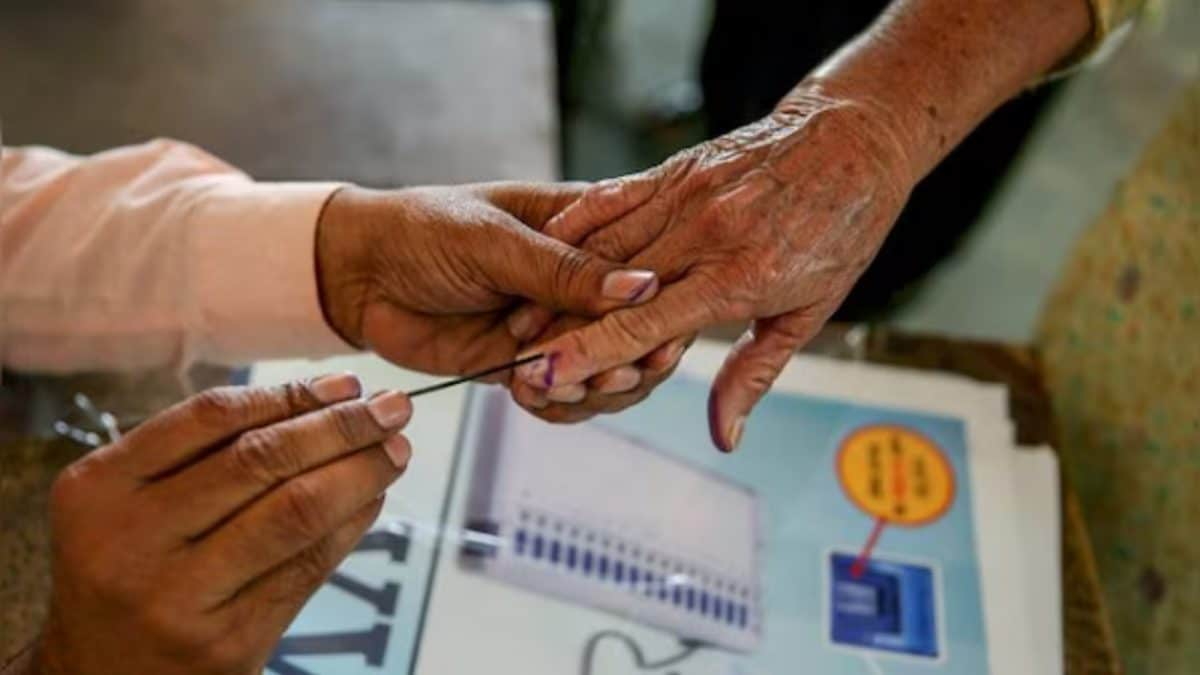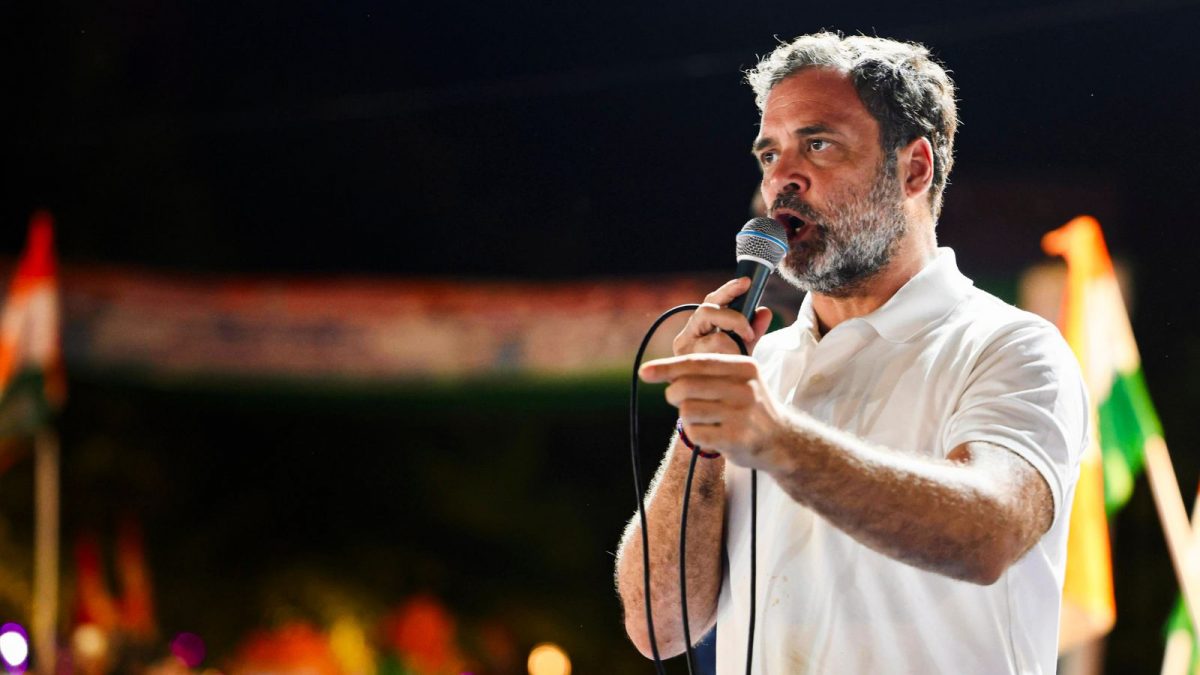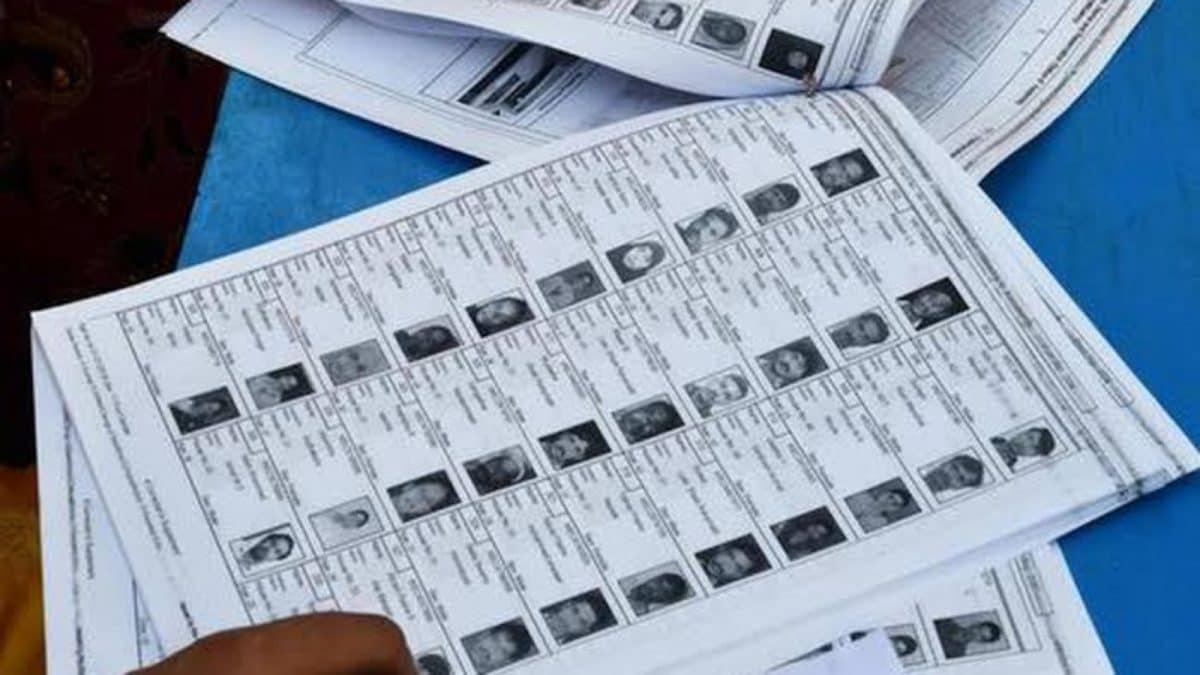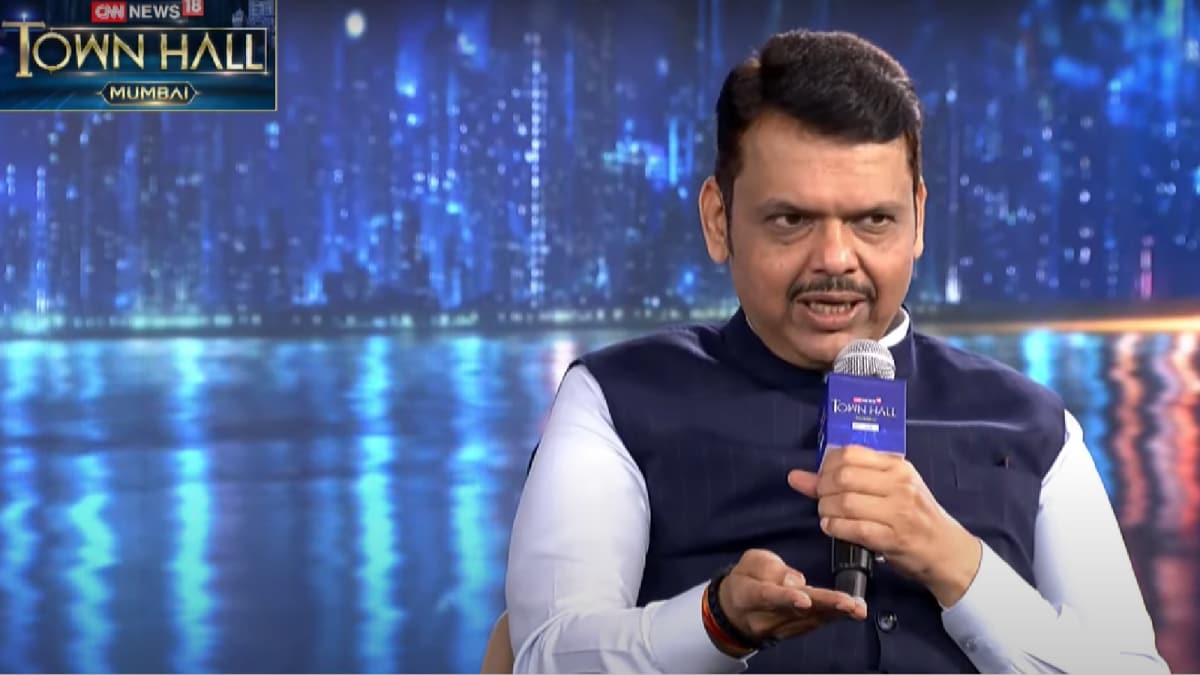Last Updated:
Ignoring voters’ concerns, the poll narrative is increasingly being shaped by identity politics—debates over Bengali pride (Asmita), religious symbolism, and cultural allegiance

Will voters prioritise symbolic issues, or will they demand answers on education, employment, and healthcare. (PTI)
With the West Bengal assembly elections scheduled for next year, political parties are gearing up for a fierce battle as chief minister Mamata Banerjee, who completes 15 years in office, faces the pressure of anti-incumbency.
Traditionally, voters evaluate a government based on its performance in areas like industrial growth, employment opportunities, education, and healthcare—all critical indicators of a state’s development. However, this time, key developmental issues seem to be overshadowed by debates around identity and symbolism.
Education Crisis: Students Leave Bengal in Droves
The education sector in Bengal is under considerable stress. Thousands of students who appeared for the Joint Entrance Examination are still waiting for their results due to the ongoing OBC reservation controversy. This delay has left many students confused and uncertain about their academic futures.
Families that can afford it are sending their children to colleges outside Bengal, especially for engineering and general undergraduate courses. However, those without financial means are left in a limbo.
Shibopriyo Roy, a recent Class 12 graduate, has taken admission in a college in Bengaluru. With the joint entrance results still pending, he, like many of his peers, had no choice but to look elsewhere.
“It’s not just Shibopriyo,” said his mother, Radhika Roy, speaking to News18. “Many children of his age who aspire to become doctors, lawyers, or engineers have been forced to leave Bengal for better opportunities. Who wants to send their children away? But it seems we have no choice.”
The situation highlights a growing trend of brain drain, particularly among the youth. While this year’s migration is being driven by the OBC controversy, the outflow of talent has been unending for years, raising serious concerns about the quality and capacity of Bengal’s higher education system.
Employment Woes Continue
Job opportunities within Bengal remain limited, especially in high-growth sectors like IT. Many working professionals have moved to other cities for employment, often leaving families divided.
Mahima Choudhury, a central government employee based in Kolkata, shares the story of her husband, who works for an IT company in Hyderabad.
“He comes home on Saturday and leaves on Sunday night,” she told News18. “It’s painful to see our son growing up without his father. But what can we do? There are no jobs here.”
She adds that she is not alone. “Many of my friends’ husbands also live and work outside Bengal.”
The lack of employment opportunities for skilled professionals is another pressing issue likely to be raised during the upcoming election campaign.
Healthcare Remains a Struggle
Healthcare infrastructure in Bengal is also under scrutiny. Government hospitals face severe overcrowding, while private hospitals remain inaccessible to the majority due to high costs. As a result, many residents struggle to get timely and affordable medical care.
Development Vs Identity Politics
While education, employment, and healthcare are fundamental concerns, they appear to be taking a backseat in the current political discourse. Instead, the election narrative is increasingly being shaped by identity politics—debates over Bengali pride (Asmita), religious symbolism, and cultural allegiance.
Discussions around who is a greater devotee of Ma Durga or Ma Kali, and which party is more aligned with “Bengali values,” are dominating headlines. Issues like the Special Intensive Revision exercise of the voter list and polarisation strategies have further diverted focus from core governance challenges.
What Should Matter?
Experts argue that while demographic changes and cultural identity are important, they should not come at the cost of developmental dialogue.
“Of course, safeguarding Bengali identity is important,” an analyst told News18. “But can we ignore the fact that our children are leaving the state for education, our professionals are working elsewhere for lack of jobs, and people are struggling to access healthcare?”
With elections approaching, the big question remains: Will voters prioritise symbolic issues, or will they demand answers on education, employment, and healthcare—the true pillars of development?

Kamalika Sengupta is the Editor (East) at CNN-News18 / News18.com, focusing on politics, defence, and women’s issues. She is a seasoned multimedia journalist with over 20 years of experience reporting from East…Read More
Kamalika Sengupta is the Editor (East) at CNN-News18 / News18.com, focusing on politics, defence, and women’s issues. She is a seasoned multimedia journalist with over 20 years of experience reporting from East… Read More
view comments
Read More







